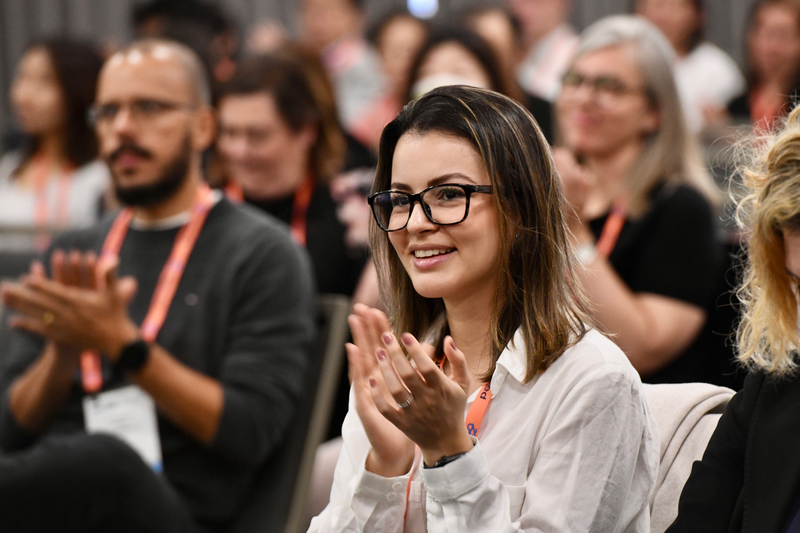ATD Blog
Get Comfortable With Change
Tue May 23 2023

For talent development, the future is now.
Panelists at the “Future Ready: Are You Prepared for Talent Development’s Tomorrow?” session on Monday used words such as dynamic, unpredictable, opportunity, and accountability to describe what the future holds for talent development professionals. Or, at least, what talent development professionals are currently dealing with—because panelists agree the future is already here.
“We should challenge ourselves first and say, ‘Just because we’ve always done it this way, is this the way it needs to be done?’” states Rita Bailey, owner of Up To Something. “If all of you lost your job and they said, ‘We’re no longer going to have your position now, and we’re going to outsource this,’ would they hire you back as a consultant? Would they hire you as a contractor?”
Bailey and her fellow panelists—Holly Burkett, principal at hb Consulting and Evaluation Works; Jonathan Halls, author and consultant at Jonathan Halls LLC; and Patti Phillips, CEO of the ROI Institute; along with moderator Elaine Biech, president of ebb associates—asked attendees sobering questions throughout their hour-long session on what talent development’s tomorrow looks like.
“The truth of the matter is the future’s already making decisions for us in talent development,” Biech explained. “And we do not want to get behind. We have to be the ones that are out there leading things. And that means we need to prepare ourselves. We need to prepare ourselves for these disruptions.”
Among the most significant disruptors the panel identified is generative AI, which isn’t new, but has recently become more prominent in the L&D world.
Phillips explained how some companies have embraced AI by investing billions into training staff to take advantage of it, while others have restricted its use among employees.
“We’ve got this little dance going on where some people are embracing it, trying to build the capability to use it and really leverage it,” she says. “I think if we don’t, we’re going to be wondering in two years, what did we miss? What were we thinking?”
Burkett pointed out how change itself is also a disruptor. She explained that there is fear in the unknown, such as with job security, and it’s up to employers to take care of those “foundational hygiene needs.”
Halls says a focus on employees’ well-being can help battle those disruptors.
“Do you know that \[working\] a 60-hour week, unless you’re really super passionate about that job, the studies show that you are having diminishing returns on effectiveness?” he says. “Yet, we wear it on our sleeves as this badge of honor. We’re walking into this new era where we’ve got to be so sharp and agile. And not really just to change, but to lead that change.”
So what does the role of a talent development professional look like now? Bailey says TD professionals may need to become guides. Phillips says the profession will become more of a thought partnership. Burkett says context is going to become much more critical. And Halls says professionals will have to stop focusing on events and focus more on what success looks like.
“Ultimately, we’re all working toward the same end,” Bailey says. “Which is to help people be better. How can we help them be the best versions of themselves to be successful and to help the organization?”
You've Reached ATD Member-only Content
Become an ATD member to continue
Already a member?Sign In
